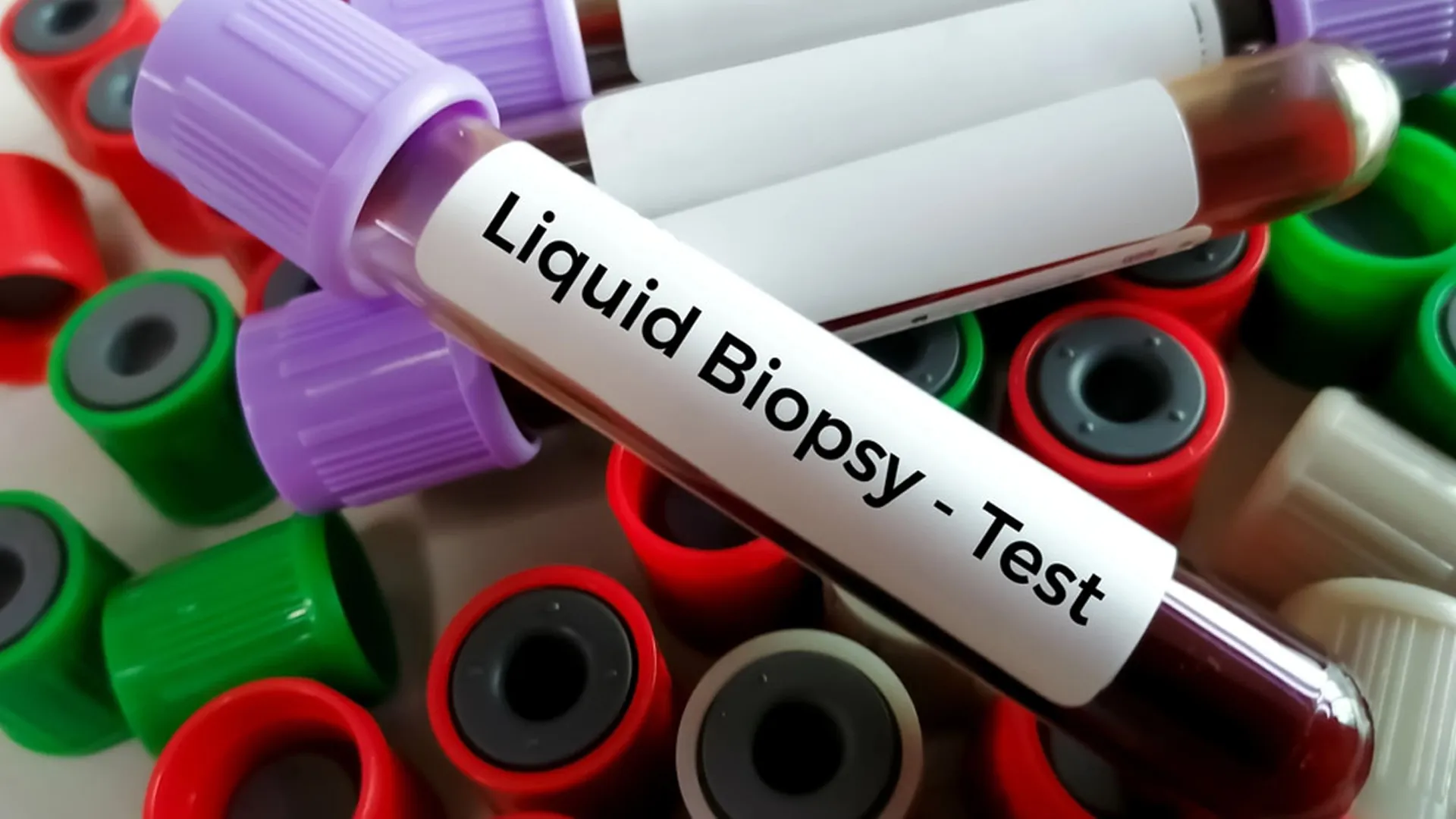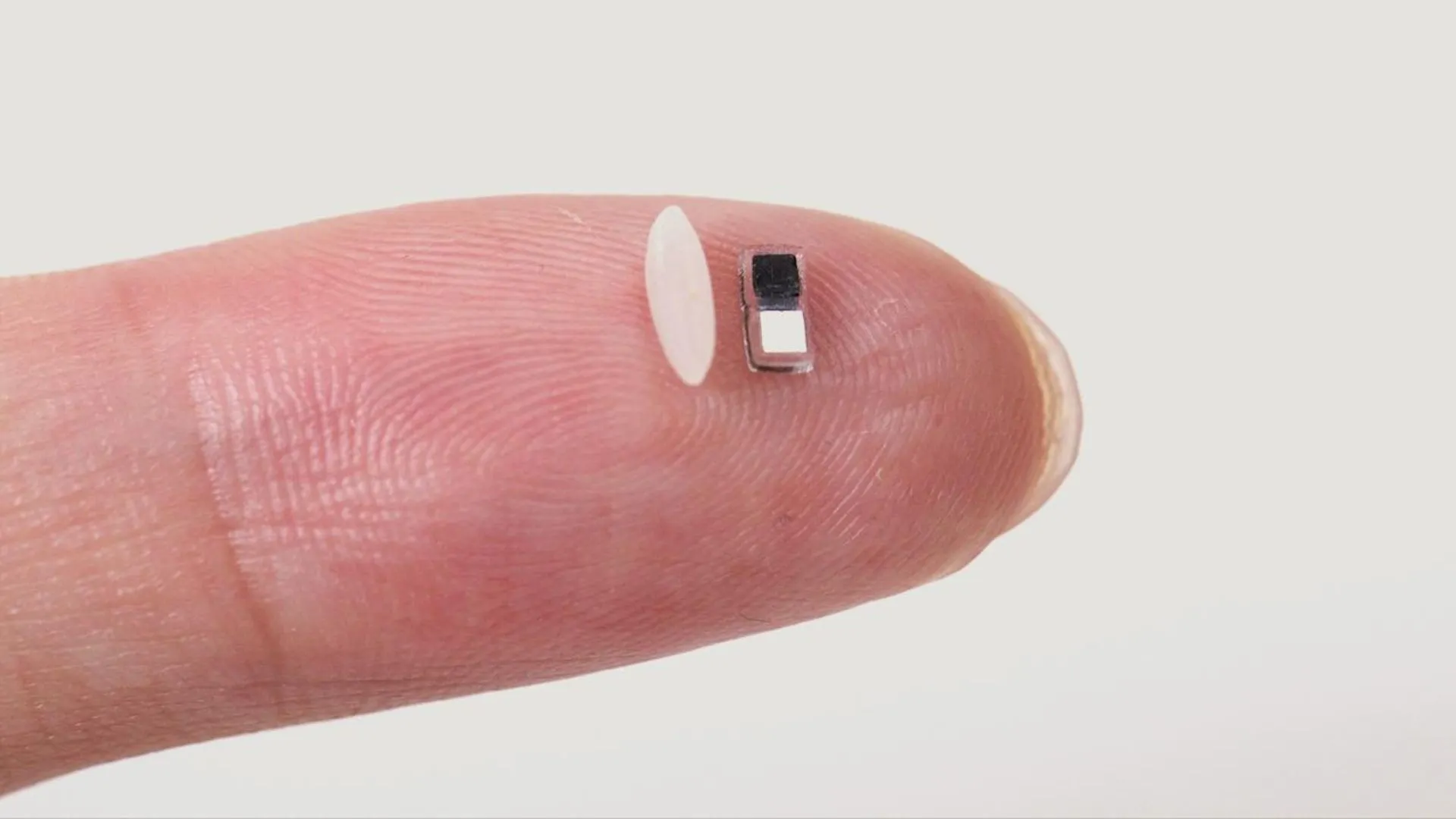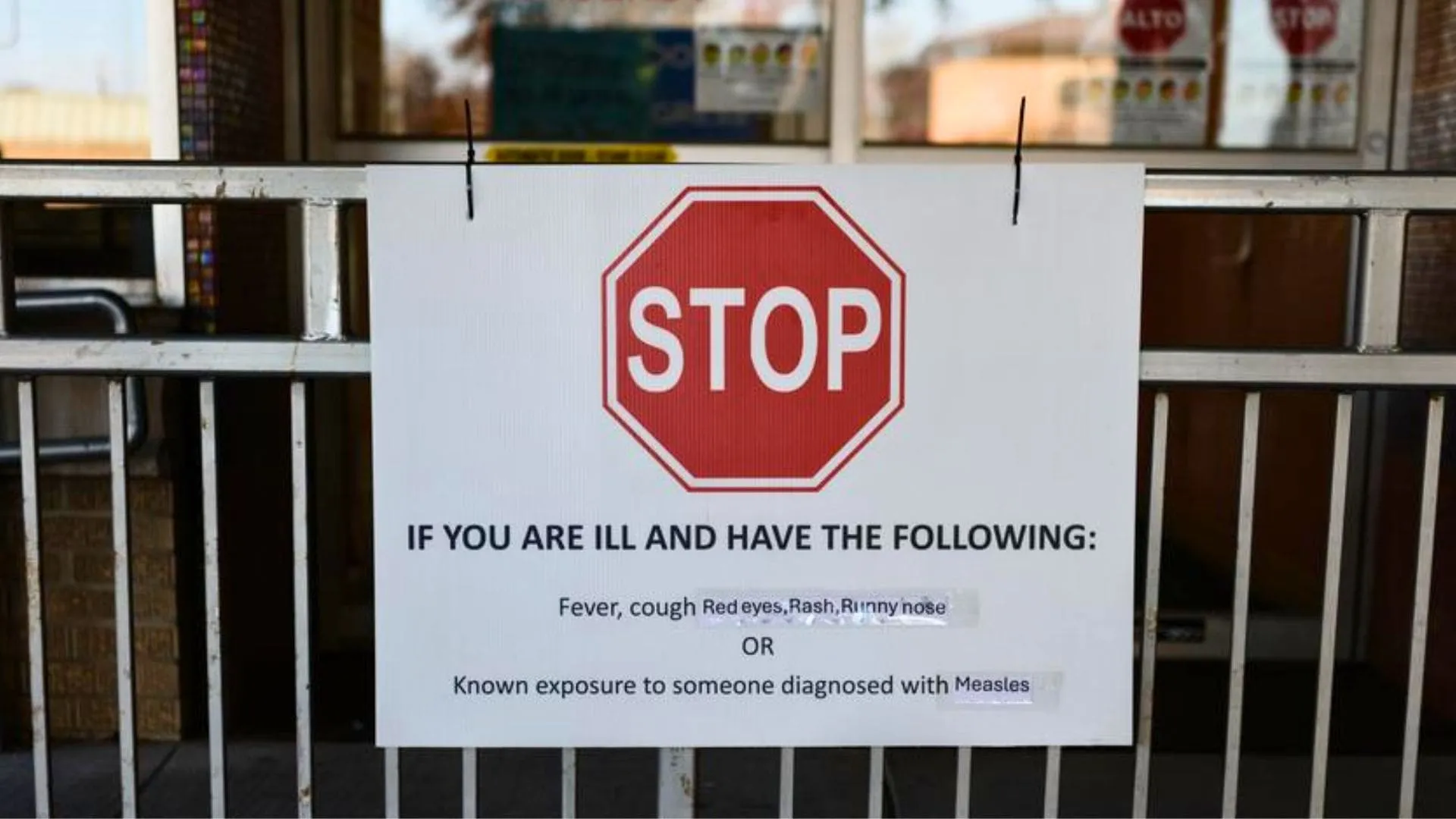Does Your Body Contain ‘Elixir’ to Extend Life? New Research Reveals Way to Slow Down Ageing
The quest for eternal youth and a longer, healthier life has been a timeless pursuit. From ancient myths about the Fountain of Youth to modern scientific endeavors, humans have always sought ways to defy aging. While the notion of an “elixir” that can halt or even reverse aging remains firmly in the realm of fiction for most people, recent scientific breakthroughs suggest that we may be closer to understanding how to slow down the aging process than ever before.
New research has unveiled fascinating insights into the biological mechanisms of aging, revealing potential ways to extend life and improve overall health. At the heart of this emerging science is the discovery of certain biological pathways that can be targeted to delay aging, and in some cases, reverse aspects of age-related decline. This research provides hope for a future where aging can be managed or mitigated, potentially transforming the way we live.
In this article, we explore the latest scientific findings on aging, how these discoveries could help slow the process, and what they mean for our overall well-being. We’ll also delve into whether your body contains an “elixir” that can help extend your life, and what lifestyle changes might help you unlock your potential for longevity.
Understanding Aging: The Biological Basis
To comprehend how aging might be slowed or reversed, it’s essential to first understand the biological processes behind aging. Aging is a complex and multifactorial process that involves the gradual decline of various biological functions. Over time, cells and tissues lose their ability to repair themselves, leading to physical and cognitive decline. Several key mechanisms contribute to aging:
- Telomere Shortening: Telomeres are the protective caps at the ends of chromosomes. Each time a cell divides, the telomeres shorten. When they become too short, cells can no longer divide and become senescent or die. Telomere shortening is considered one of the primary drivers of aging and age-related diseases. Research into telomeres has shown that lengthening telomeres or slowing their shortening could potentially delay aging.
- DNA Damage and Repair: DNA damage accumulates over time due to environmental factors, metabolic processes, and internal factors like oxidative stress. While our bodies have repair mechanisms to fix damaged DNA, these processes become less efficient with age. This damage can lead to mutations, cellular dysfunction, and the aging of tissues.
- Mitochondrial Dysfunction: Mitochondria are the energy-producing organelles in cells, and they play a crucial role in maintaining cellular function. As we age, mitochondria become less efficient and more prone to damage. This mitochondrial dysfunction contributes to the decline in energy production, muscle loss, and other age-related issues.
- Cellular Senescence: Cellular senescence occurs when cells stop dividing and enter a state of growth arrest. These senescent cells accumulate over time and can release inflammatory molecules, which contribute to age-related diseases such as cancer, heart disease, and neurodegeneration.
- Epigenetic Changes: The way genes are expressed is influenced by epigenetic modifications. As we age, these modifications can accumulate, leading to changes in gene expression that affect cellular function and contribute to aging and age-related diseases.
The ‘Elixir’ of Life: Recent Breakthroughs
While these aging processes may sound daunting, recent breakthroughs in science offer hope that aging may not be an inevitable decline. Researchers have identified certain biological factors and pathways that can potentially be manipulated to slow down the aging process. Let’s explore the key discoveries that point toward a possible “elixir” of life.
1. The Role of NAD+ and Sirtuins
One of the most exciting discoveries in the field of aging research involves a molecule called Nicotinamide Adenine Dinucleotide (NAD+). NAD+ is a coenzyme present in every cell of the body and plays a crucial role in energy production, DNA repair, and cellular signaling. NAD+ levels naturally decline with age, and this decline is linked to various age-related diseases and cellular dysfunction.
Researchers have found that by increasing NAD+ levels, it may be possible to slow down the aging process. NAD+ activates a group of proteins called sirtuins, which play a central role in regulating aging and age-related diseases. Sirtuins are involved in maintaining the integrity of the genome, regulating metabolism, and promoting cellular repair. They have been dubbed “longevity genes” because of their role in extending the lifespan of various organisms.
Recent studies have shown that boosting NAD+ levels, either through supplements or lifestyle interventions, can activate sirtuins and other longevity-related pathways, potentially slowing down aging. Some researchers even believe that NAD+ supplements could delay the onset of age-related diseases such as Alzheimer’s, cardiovascular disease, and diabetes.
2. The Senolytic Approach: Targeting Senescent Cells
Senescent cells, which are no longer able to divide, accumulate in tissues as we age and are thought to be a major contributor to aging and age-related diseases. These cells release pro-inflammatory factors that contribute to tissue damage, chronic inflammation, and a decline in organ function.
The concept of senolytics—compounds that selectively target and eliminate senescent cells—has gained significant traction in recent years. By clearing out these harmful cells, researchers believe it may be possible to delay aging and improve overall health. Early studies in animals have shown that senolytic therapies can improve tissue regeneration, reduce inflammation, and extend lifespan.
While human studies are still in the early stages, the potential of senolytics as a way to slow aging is promising. Drugs or natural compounds that can remove senescent cells may one day be used to treat age-related diseases and extend healthy lifespan.
3. Caloric Restriction and Fasting
Caloric restriction (CR) is one of the most well-established interventions known to extend lifespan. Studies in various organisms, including yeast, worms, flies, and rodents, have shown that reducing calorie intake without causing malnutrition can extend lifespan and delay the onset of age-related diseases.
In humans, caloric restriction has been shown to have several benefits, including improved metabolic health, reduced inflammation, and enhanced cellular repair processes. One of the key mechanisms through which caloric restriction works is by activating a protein called AMPK, which regulates energy balance and promotes longevity.
Another approach related to caloric restriction is intermittent fasting, where individuals cycle between periods of eating and fasting. Intermittent fasting has been shown to enhance autophagy (the process of clearing out damaged cells) and improve mitochondrial function, both of which contribute to healthy aging.
4. The Microbiome and Aging
The gut microbiome—the trillions of microorganisms living in our digestive tract—has been increasingly linked to aging and age-related diseases. A healthy and diverse microbiome is essential for proper immune function, metabolism, and cellular repair. However, as we age, the diversity of our microbiome tends to decrease, and harmful bacteria can proliferate.
Recent research suggests that by promoting a healthy microbiome through diet, prebiotics, and probiotics, we may be able to slow the aging process. Studies have shown that microbiome interventions can improve immune function, reduce inflammation, and even extend lifespan in animal models.
5. Genetic Reprogramming: Turning Back the Clock
In one of the most groundbreaking studies in recent years, researchers have successfully reprogrammed the cells of aging mice to a more youthful state. By using a technique called induced pluripotent stem cells (iPSCs), scientists were able to “turn back the clock” on cells and reverse signs of aging.
The potential of genetic reprogramming to reverse aging is still in its infancy, but it holds great promise. By reprogramming aged cells to become more like stem cells, scientists could potentially rejuvenate tissues and organs, restore youthful function, and extend lifespan. While this technology is far from being ready for human application, it represents one of the most exciting avenues of aging research.
Can We Unlock the ‘Elixir’ of Life?
While it may be premature to claim that we have found a true “elixir” of life, the discoveries in aging research suggest that we may have more control over the aging process than we ever thought possible. By targeting key biological pathways such as NAD+ production, senescent cell elimination, caloric restriction, and genetic reprogramming, scientists are unlocking new ways to slow down aging and improve healthspan (the period of life spent in good health).
However, it is important to note that these interventions are still in the experimental stages, and much more research is needed before they can be applied to humans on a large scale. Additionally, aging is a complex process influenced by genetic, environmental, and lifestyle factors, meaning there is no one-size-fits-all solution.
Lifestyle Choices for Healthy Aging
While the science of aging is advancing rapidly, there are several lifestyle choices that individuals can make today to promote healthy aging:
- Eat a Balanced Diet: A diet rich in fruits, vegetables, whole grains, and healthy fats can help reduce inflammation, support cellular repair, and promote longevity.
- Exercise Regularly: Physical activity is one of the most effective ways to improve healthspan. Regular exercise supports cardiovascular health, improves muscle mass, and boosts mood.
- Get Enough Sleep: Sleep is essential for cellular repair and brain health. Aim for 7-9 hours of quality sleep per night.
- Manage Stress: Chronic stress can accelerate aging. Practicing mindfulness, meditation, and relaxation techniques can help manage stress and support long-term health.
- Stay Socially Connected: Social engagement is linked to better cognitive function and overall well-being. Stay connected with friends and family to support emotional health.
While there may not be a literal “elixir” to extend life, the emerging science of aging is unveiling exciting possibilities for slowing down the aging process and improving healthspan. By understanding the biological mechanisms of aging and utilizing interventions like NAD+ supplementation, senolytics, caloric restriction, and genetic reprogramming, we may one day be able to live longer, healthier lives. Until then, adopting a healthy lifestyle and making informed choices remains one of the best ways to age gracefully.























